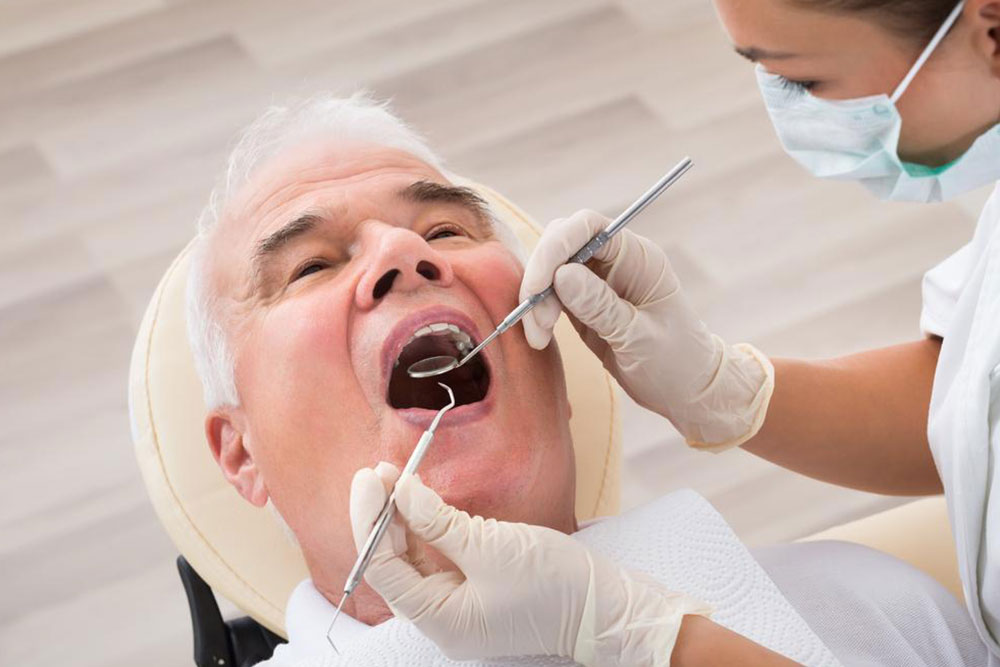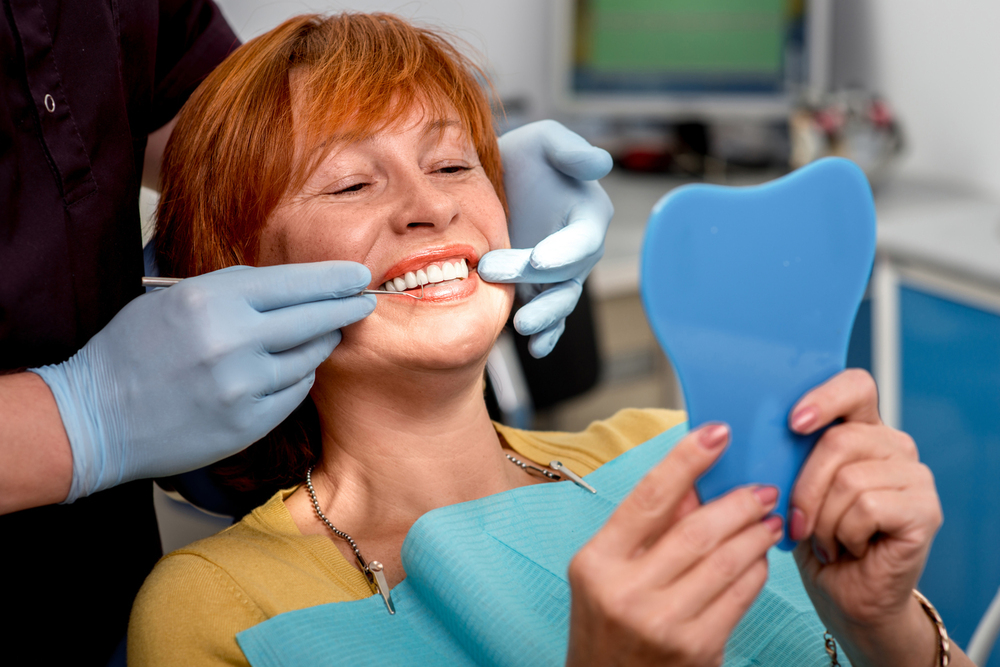Comprehensive Guide to Common Dental Issues and Effective Remedies
This comprehensive guide explores common dental problems, their symptoms, and effective remedies. It emphasizes the importance of oral hygiene, timely professional consultation, and preventive care to maintain healthy teeth and gums. From sensitivity to severe infections, learn how to recognize symptoms and take action to avoid more serious dental issues, ensuring long-term oral health and comfort.

Comprehensive Guide to Common Dental Issues and Effective Remedies
Dental health problems are among the most prevalent health concerns worldwide, affecting individuals across all age groups. Recognizing the signs of common dental problems and understanding their appropriate remedies can significantly reduce discomfort and prevent the development of more serious oral health issues. From sensitivity and minor discomforts to severe infections requiring urgent treatment, this detailed guide offers insights into various dental concerns, their causes, and actionable solutions to maintain optimal oral health.
Dental discomfort often arises due to nerve reactions within the tooth stimulated by hot, cold, sweet, or acidic foods, or due to underlying issues like decay, infection, or trauma. Many dental problems share similar symptoms, making self-diagnosis challenging. Therefore, awareness of key indicators and prompt professional consultation are essential for effective management and to prevent complications.
Temperature sensitivity to food or beverages: Persistent pain or discomfort when consuming hot or cold items could suggest underlying problems such as cavities, exposed dentinal tubules, or loosened fillings. To mitigate this, use a soft-bristled toothbrush and avoid overly abrasive toothpaste.
Maintaining gentle brushing techniques and flossing regularly help keep gums healthy and prevent plaque buildup. Gentle gum massage can also alleviate sensitivity. If discomfort persists despite good oral hygiene, visiting a dental professional for diagnosis and tailored treatment plan is highly recommended.
Post-treatment sensitivity to hot or cold: Dental procedures such as fillings, crowns, or root canals often cause temporary sensitivity due to swelling or nerve irritation. This usually subsides within a few days. Over-the-counter pain relievers can help manage discomfort. Avoid very hot or cold foods during this period.
Persistent or severe sensitivity after several days warrants a prompt visit to your dentist. Proper follow-up ensures that no underlying issues are overlooked and that treatment outcomes are optimized.
Intense pain while eating: This symptom often indicates damaged or deteriorating dental restorations, cracked teeth, or deep decay. Immediate dental intervention is necessary to repair damage or to initiate root canal therapy if nerve infection is suspected.
Persistent pain after meals: Continuous pain may be a sign of dental infections, abscess formation, or advanced decay affecting pulp tissue. These conditions require urgent attention, often involving root canal therapy or other restorative procedures to preserve the tooth.
Recognizing the urgency of severe or ongoing pain is key to preventing further complications like abscess formation or systemic infection.
Light discomfort in upper teeth: Often caused by sinus congestion due to cold or flu, which can refer pain to upper teeth. Biting pressure or minor trauma can also cause mild discomfort. A routine dental check-up can help differentiate between sinus-related pain and dental issues.
Severe, ongoing tooth pain: Persistent, intense pain accompanied by swelling or abscess formation signals serious infection that may have reached the pulp tissue and requires prompt root canal treatment or extraction to prevent spreading or further deterioration.
Prompt professional assessment is crucial when experiencing persistent or severe dental pain to prevent complications and preserve oral health.
Gum inflammation: Often resulting from poor oral hygiene habits, improper brushing techniques, or plaque accumulation, inflamed gums may bleed, swell, or become tender. If left untreated, gingivitis can develop into periodontitis, leading to tooth loss. Treatment includes professional cleaning, improved oral hygiene practices, and sometimes medicated gels or rinses.
Maintaining good oral hygiene practices such as brushing twice daily with fluoride toothpaste, flossing regularly, and visiting your dentist for routine check-ups are vital in preventing gum disease. Using gentle brushing techniques and avoiding abrasive products help maintain healthy gums and teeth.
In conclusion, understanding the various common dental problems and their remedies empowers individuals to take proactive steps toward oral health. Regular dental check-ups, proper oral hygiene, and prompt attention to symptoms play crucial roles in avoiding severe dental conditions. Remember, early intervention often results in simpler, less invasive treatments, saving you time, discomfort, and expense in the long run.





